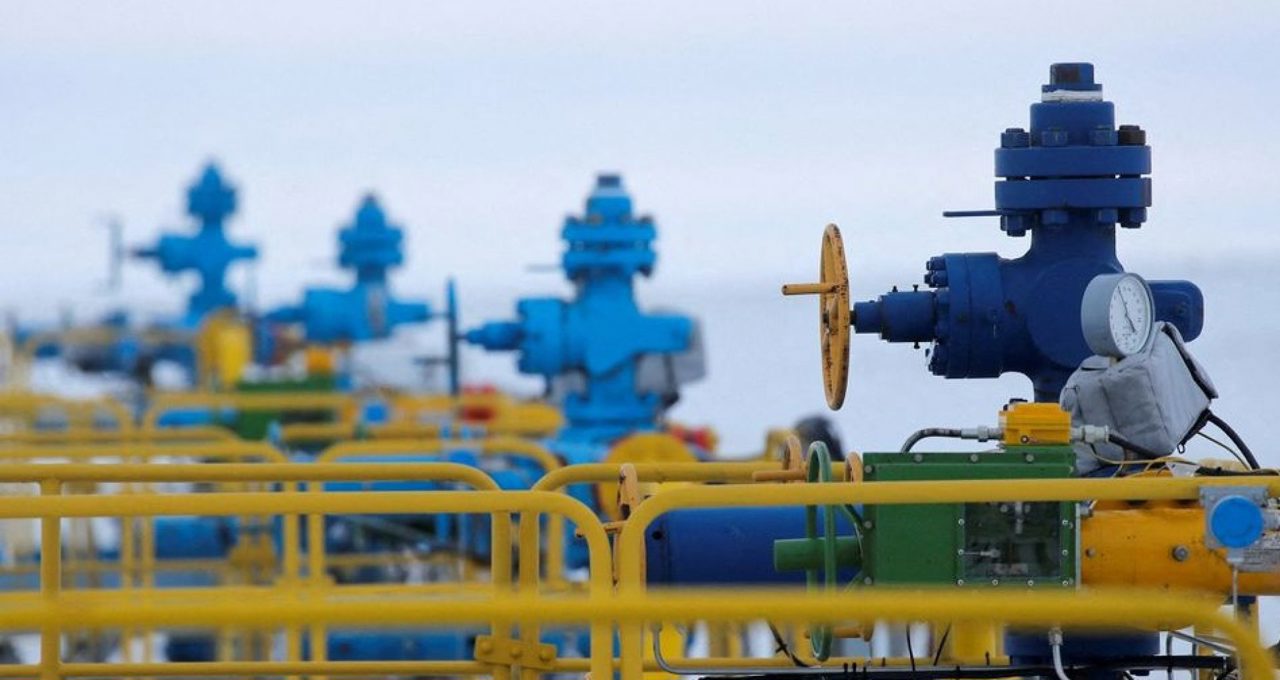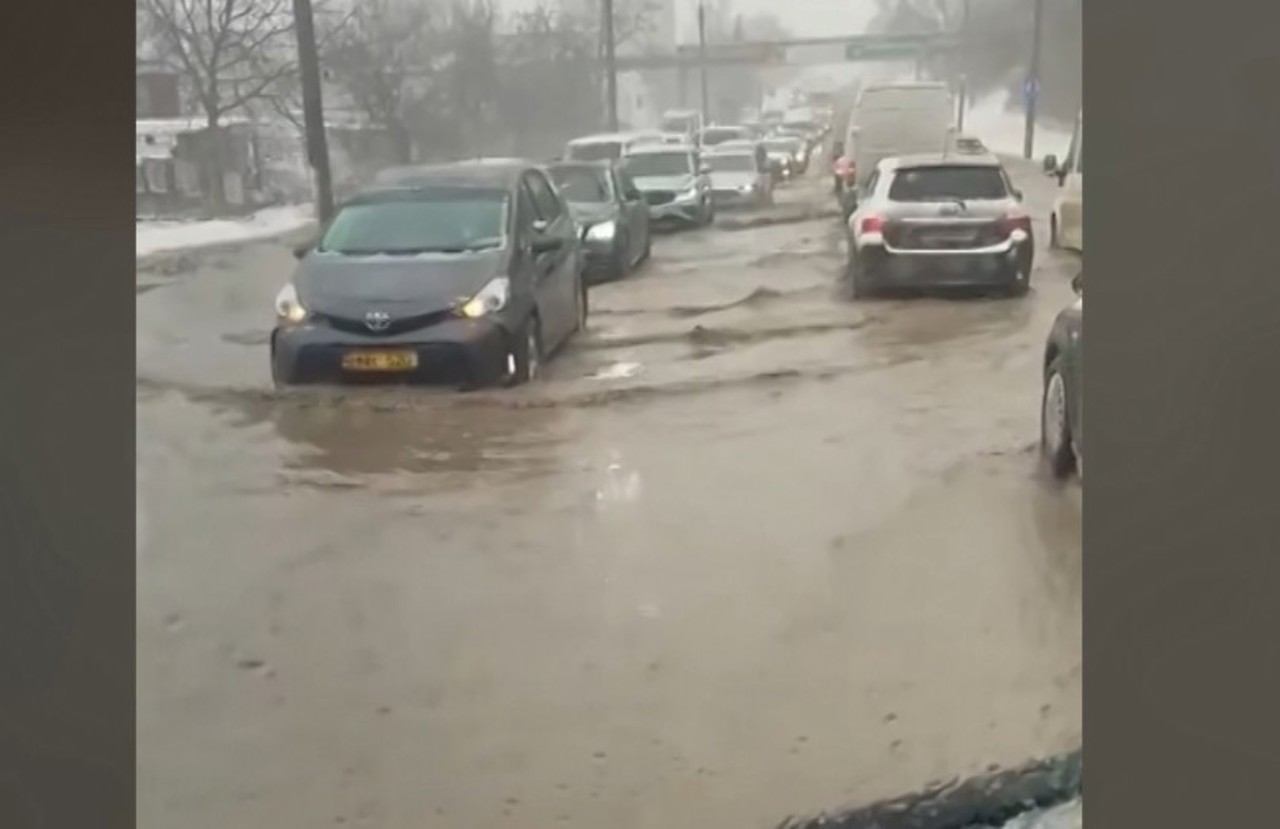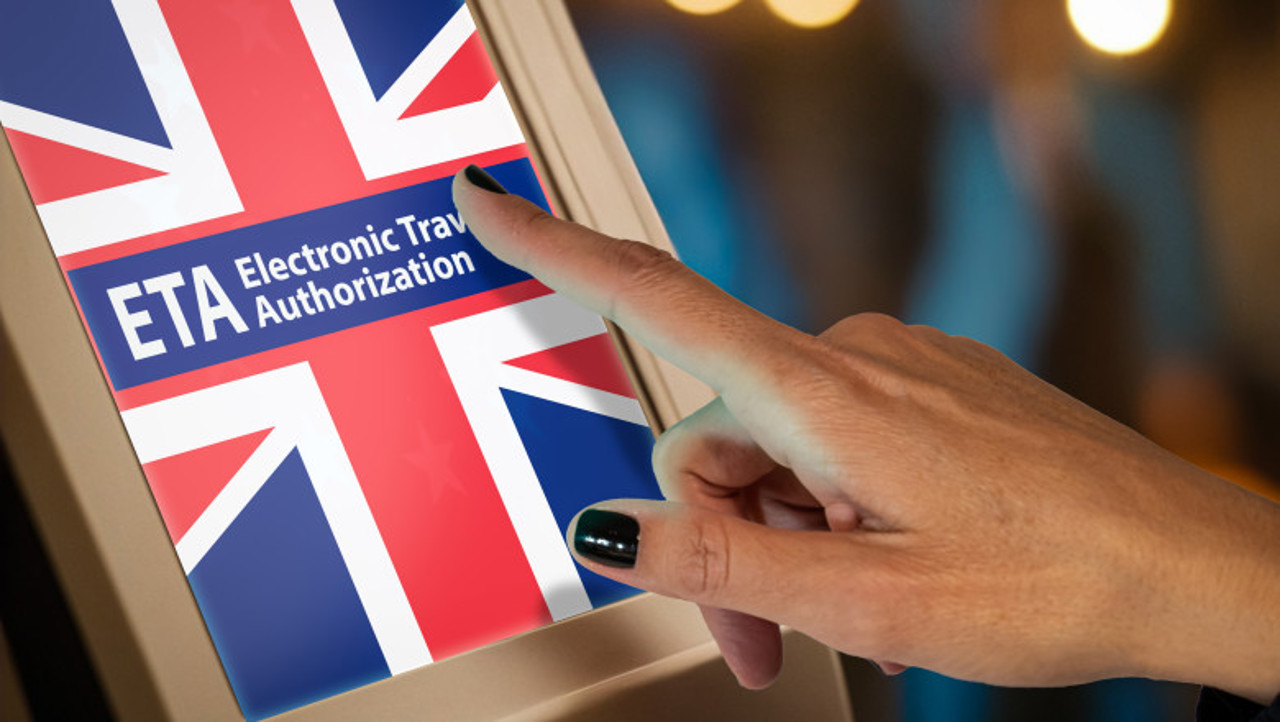Ukraine and MET discuss gas transportation to the Transnistrian region
Ukraine is in discussions with the Hungarian company MET regarding gas delivery through its transmission network to the Republic of Moldova. This information was confirmed to Teleradio-Moldova by the Gas Transmission System Operator of Ukraine (GTSOU).

“We have had a transportation contract for many years, and MET has been one of the most active users of our services since the market opened to non-residents. We also confirm that ongoing discussions with MET are regarding the available capacities and routes for gas transportation through the Ukrainian transmission system,” announced GTSOU.
The Ukrainian company informs that, as a transmission system operator (TSO) operating under European law, it provides free access to its capacities for all customers with a transportation contract at all cross-border interconnection points. This includes pipelines in the Trans-Balkan corridor, which facilitate gas deliveries to several countries in the region.
Previously, the Hungarian company MET Group confirmed its readiness to deliver natural gas to the Republic of Moldova, but these deliveries can only occur if the Gas Transmission System Operator of Ukraine permits transit.
After the Tiraspol administration refused to accept a 60 million euro European aid package, the Moldovan government adopted a derogation from current legislation to allow gas supplies to the Transnistrian region through a European trader. According to a decision by the Commission for Emergencies (CSE), starting February 13, Tiraspol will receive 3 million cubic meters of gas daily, with any additional volume subject to taxation by the Chișinău authorities.
These supplies will be made by MET Gas and Energy Marketing AG, an active trader on the European gas market, and financed by JNX General Trading L.L.C., based in Dubai. The gas will be delivered to the Moldovan border and transported to the Transnistrian region through an agreement between Moldovagaz and Tiraspoltransgaz.
On February 11 and 12, Moldovagaz sold 2 million cubic meters of gas to Tiraspoltransgaz and borrowed another 3 million cubic meters, which must be returned by the end of March.
Prime Minister Dorin Recean stated that this solution is temporary and emphasized that the government is not blocking gas deliveries to prevent a crisis in the region. In exchange, Chișinău has conditioned this permission on several measures from Tiraspol, including the release of political prisoners, addressing the issue of the Romanian high school in Rîbnița, maintaining the public channel Moldova 1 on the TV grid, and the removal of certain checkpoints established in 2022.
Tiraspol's decision to reject European aid and acquire gas through intermediaries raises concerns regarding its economic impact and the true source of funding, experts suggest. They warn that this situation could lead to an artificial increase in the region's debt, possibly becoming a burden for the Republic of Moldova in the future.
Although the transaction involves intermediaries, analysts indicate that the financing could indirectly originate from Russia, thereby sustaining Tiraspol's energy and economic dependence on Moscow.
Additionally, we remind you that the Tiraspol regime has declined the European Union's support of 60 million euros, which could have reduced the energy dependence of the Transnistrian region, as stated by Prime Minister Dorin Recean. He mentioned that the left bank of the Nistru will be supplied with gas via a company in Hungary. The Prime Minister asserts that this solution does not address the long-term problem, but the authorities in Chișinău will not block gas supplies and are determined not to allow the left bank residents to face freezing conditions.
It is important to recall that the European Union recently approved an energy support package worth 250 million euros for the Republic of Moldova, of which 30 million euros have already been allocated for the purchase of electricity and gas supply to the region. Another 100 million euros will be granted by mid-April to help compensate for the bills paid by consumers on the right bank of the Nistru, while 60 million euros were earmarked to support citizens in the Transnistrian region, contingent upon the respect for fundamental rights and adjustments to energy tariffs.
The energy crisis in the region began after Gazprom completely halted natural gas supplies to the Republic of Moldova on January 1, significantly impacting the left bank of the Nistru, where the separatist authorities previously received free gas from Russia. On January 27, Prime Minister Dorin Recean announced that the European Union was offering the country an emergency grant of 30 million euros for gas purchases. The government subsequently approved the loan of 3 million cubic meters of gas to the Transnistrian region to maintain necessary pressure in the pipelines until January 31. Beginning February 1, gas purchased from a European grant for the population's needs and for electricity generation at the Cuciurgan Power Plant started to be delivered to the region.





